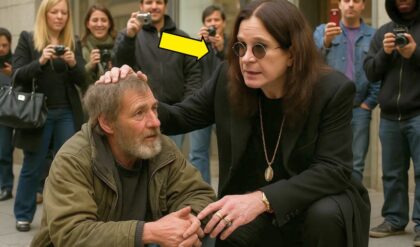A fundamental narrative issue in Diablo 4 that’s been affecting player engagement since the game’s launch.
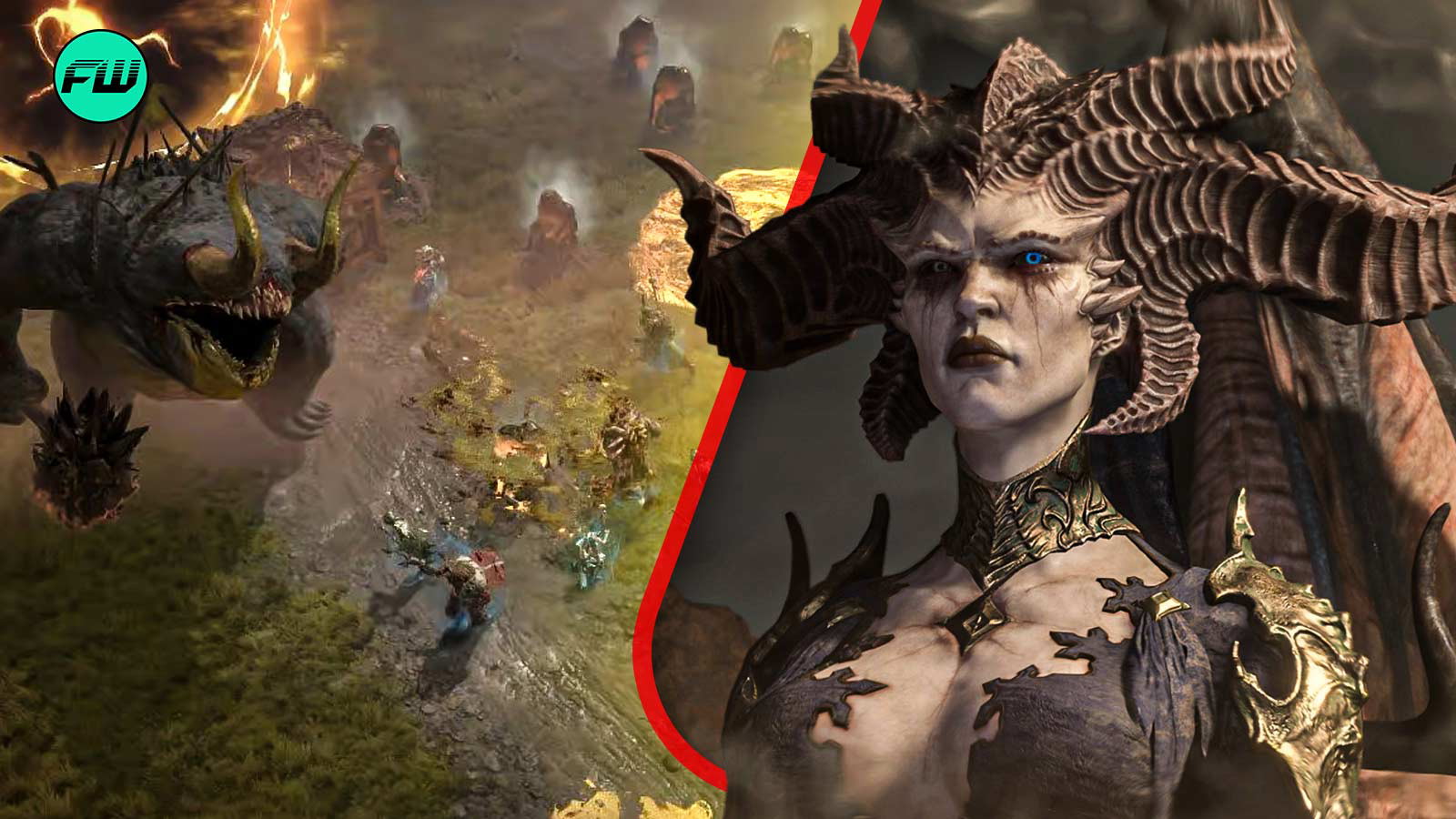
As Diablo 4 prepares for its seventh season, the Season of Witchcraft, launching next Tuesday, there’s a fundamental issue with the game’s storytelling that needs to be addressed. While the game has made strides in certain areas, there’s one particular narrative choice that has been undermining the player experience since launch.
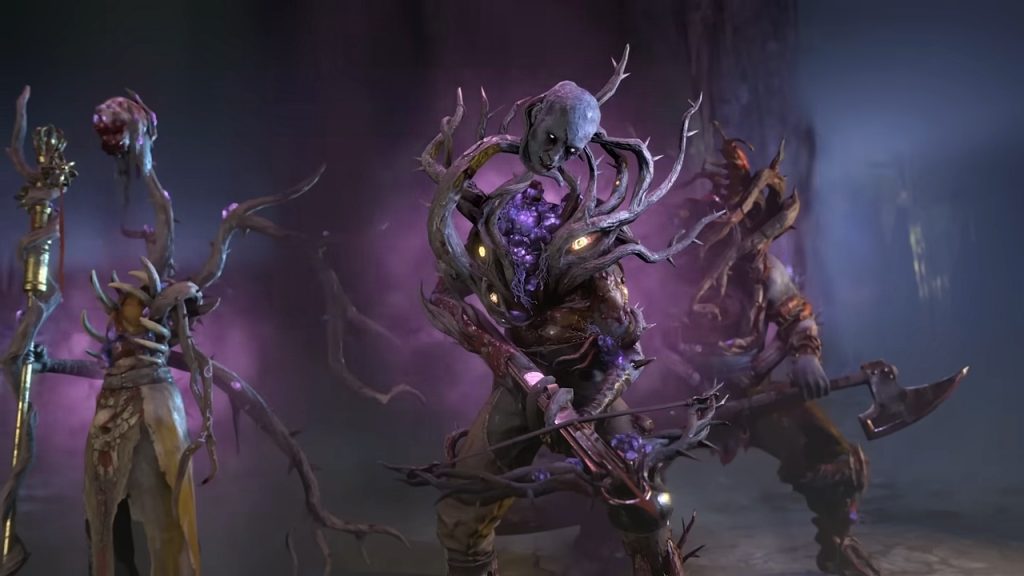 When will we get the front-row seats? | Image Credit: Blizzard Entertainment
When will we get the front-row seats? | Image Credit: Blizzard Entertainment
It’s not about the mixed reception to the writing or the controversial story beats—those are subjective matters that players can debate. Rather, it’s about a core design philosophy that affects how we, as players, experience the events unfolding across Sanctuary.
As we approach another season of demonic warfare, perhaps it’s time to examine this overlooked aspect of the game’s narrative structure.
Always “wandering” a step behind in Diablo 4
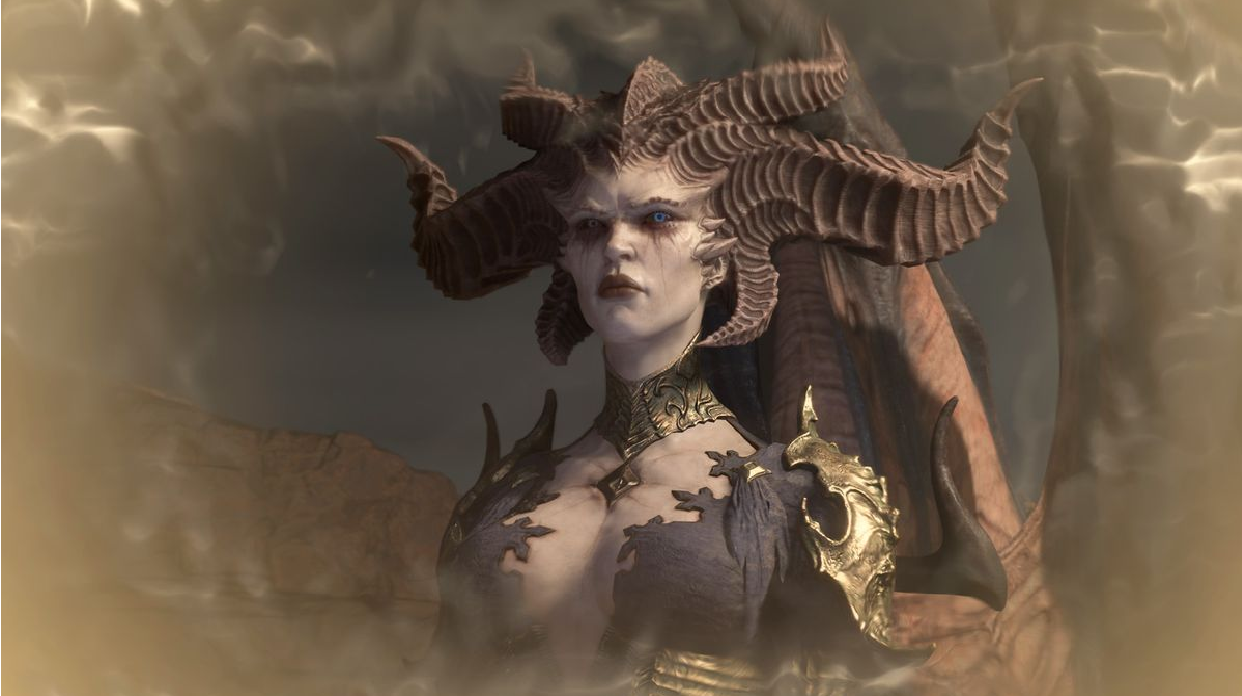
⛶
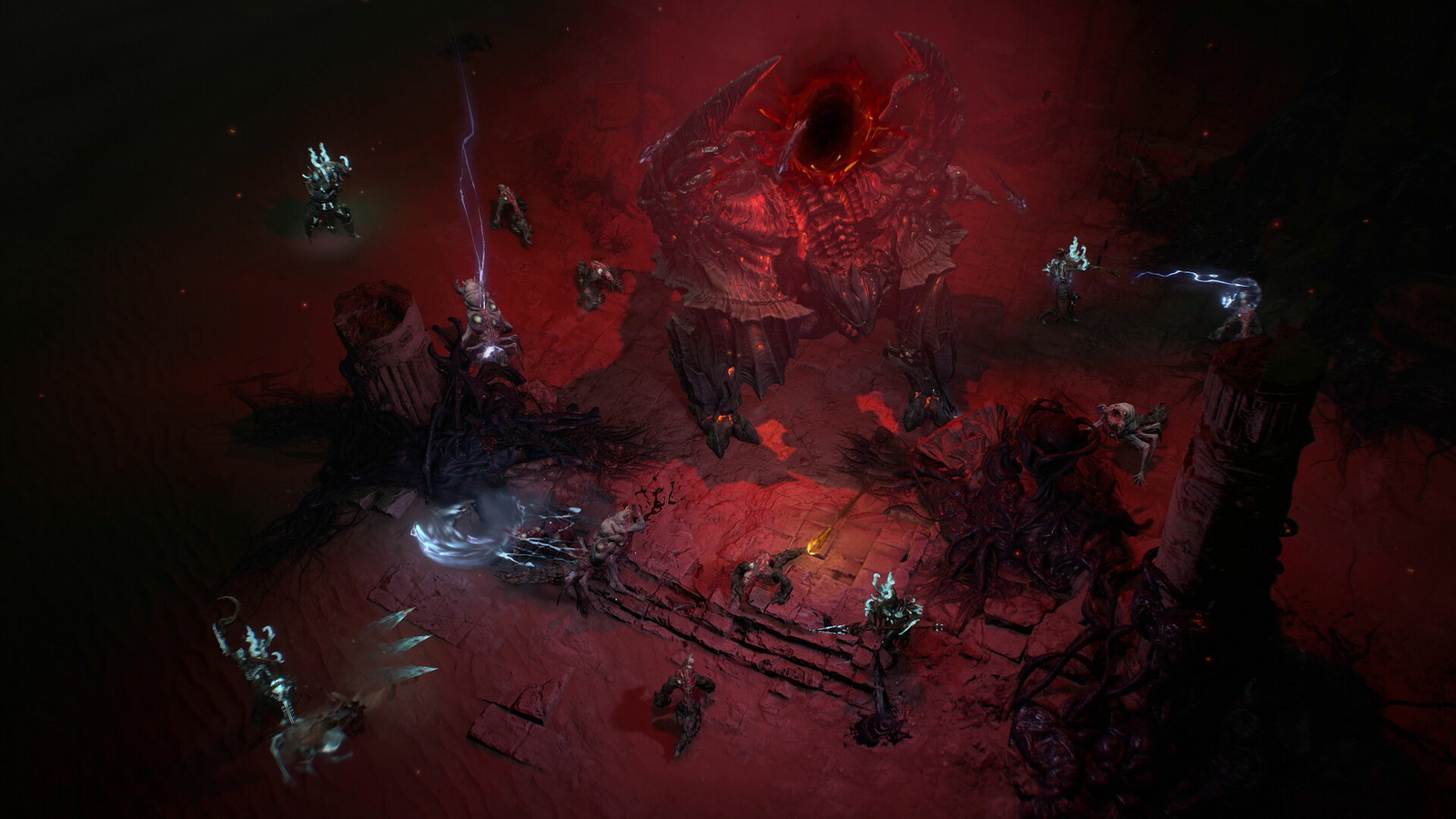
⛶
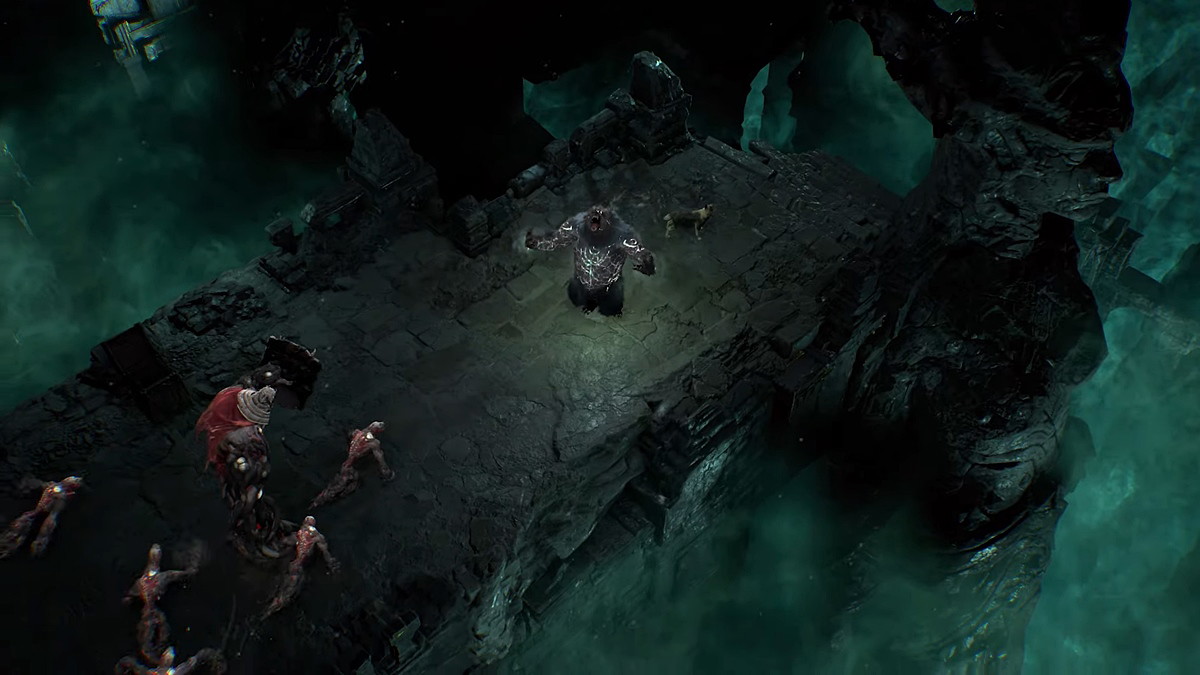
⛶
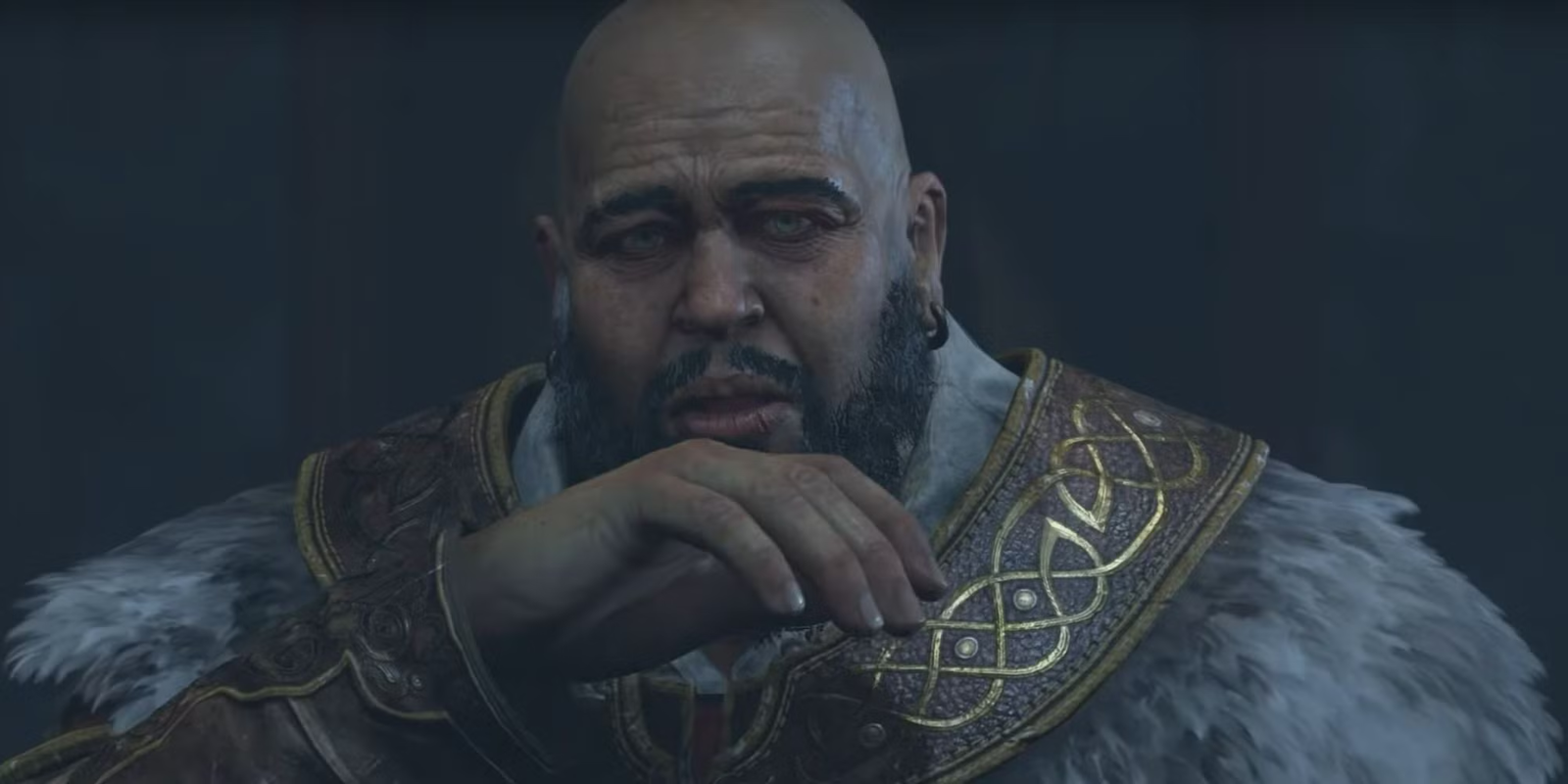
⛶
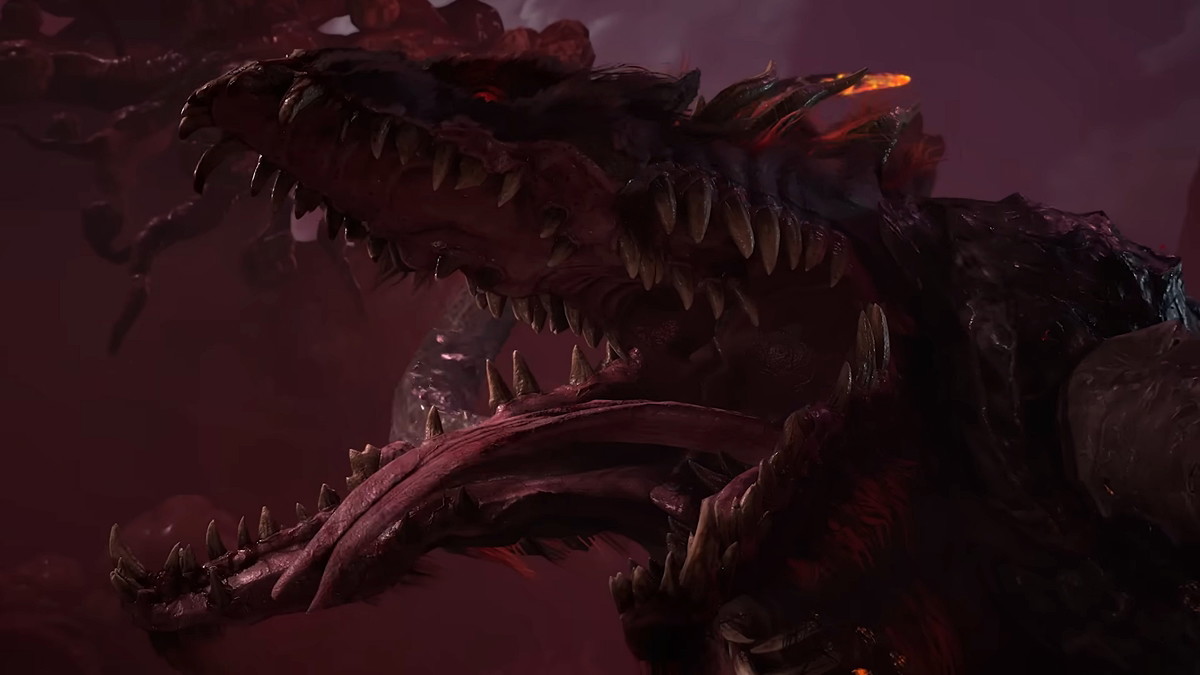
⛶





From the moment we first set foot in Sanctuary, Diablo 4 has consistently positioned its protagonist (aka the ”Wanderer”) as more of a cleanup crew than a hero at the forefront of the action. When the battle in Hell reached its climax, we arrived just in time to sweep up the demonic ashes. When major plot developments occurred, they were often relegated to visions, distancing us from the actual events.
This pattern continued with the Vessel of Hatred expansion, where the Burned Knights had already wreaked their havoc before we could intervene. It’s like showing up to a party after all the good stuff has happened, and your only job is to help with the dishes—except instead of dishes, it’s demon corpses and corrupted artifacts.
The issue isn’t just about missing the action; it’s about the emotional disconnect this creates. How can we feel truly invested in these world-altering events when we’re perpetually relegated to the role of aftermath investigator? It’s really the equivalent of being Sanctuary’s most overqualified janitor, always arriving just in time to mop up someone else’s apocalyptic mess.
Could Blizzard break the cycle?
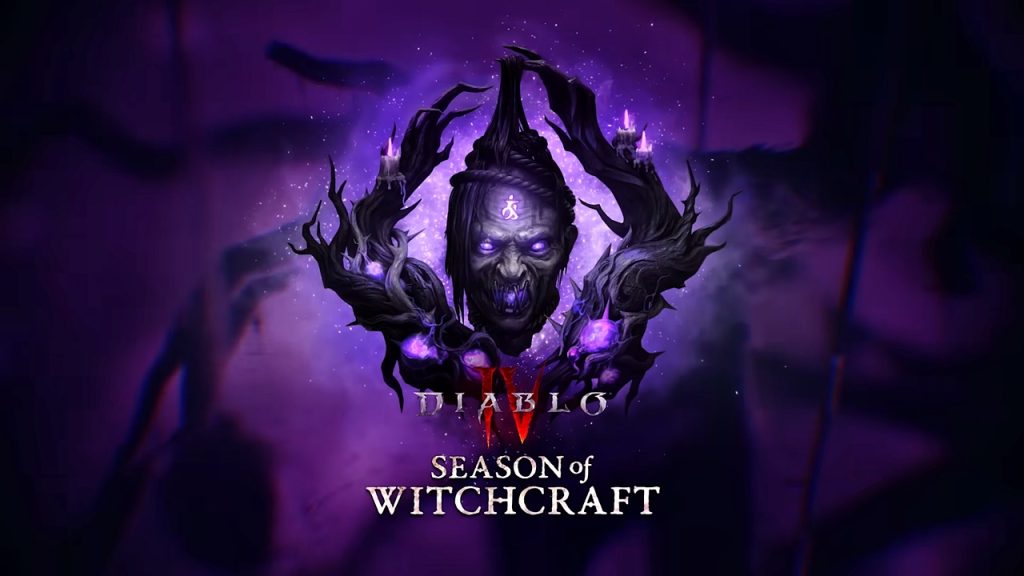 Diablo 4 Season 7 launches on Tuesday, January 21. | Image Credit: Blizzard Entertainment
Diablo 4 Season 7 launches on Tuesday, January 21. | Image Credit: Blizzard Entertainment
As the Season of Witchcraft approaches and more information is revealed by the devs, we’re seeing the same narrative structure begin to take shape. The heads from the Tree of Whispers have already been stolen, the corruption has already spread, and once again, we’re being called in to deal with the consequences rather than prevent the catastrophe.
This approach to storytelling, while consistent, ultimately diminishes the impact of our character’s role in the world. Imagine if, instead of always being the contingency plan, we were actually present for these pivotal moments. Picture being there when the first head was stolen from the Tree of Whispers, having to make split-second decisions that would affect the outcome of the entire season’s story.
The solution seems deceptively simple: put us in the middle of the action, not in its wake. Let us be the ones making history instead of just documenting it.
As Diablo 4 continues to evolve with each season and expansion, perhaps it’s time for Blizzard to reconsider this aspect of their narrative design and give players the chance to be true agents of change in Sanctuary’s ongoing saga.
What do you think about the protagonist’s role in Diablo 4‘s storytelling? Would you prefer to be more directly involved in the major events that shape Sanctuary’s fate? Share your thoughts in the comments below!



